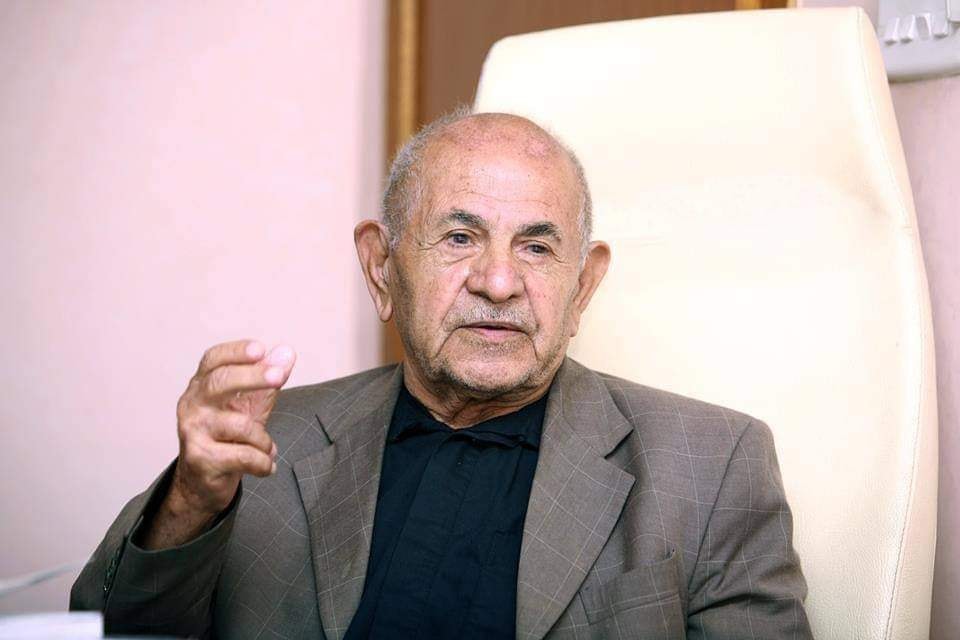Dr. Mustafa Zalmi, born in 1924 in Zalm village, in Hawraman, Khurmal, Halabja province, stands as a transformative figure in Kurdish and Islamic scholarship. His significant contributions to Sharia law and Kurdish cultural studies highlight a lifelong dedication to knowledge and modernization, marking him as a pivotal force in both religious education and legal reform.
Early Life and Education
Dr. Mustafa Zalmi was born in the spring of 1924 in Zalm village, situated in Halabja province. His early educational journey began in traditional religious schools across southern and eastern Kurdistan. Under the tutelage of esteemed scholars, Zalmi developed a deep understanding of Sharia sciences. His early fascination with religious scholarship was ignited by a formative experience: witnessing two young jurisconsults at a local mosque. Their scholarly presence and attire left a profound impression on him, fueling his aspiration to pursue a career in Sharia studies.
Zalmi’s pursuit of education led him to persuade his father to support his studies under Mamosta Sayed Arif in Khurmal. This marked the beginning of his formal training in Sharia law. His commitment was evident in the daily journey he undertook from Zalm to Khurmal, a testament to his dedication and determination to excel in his field.
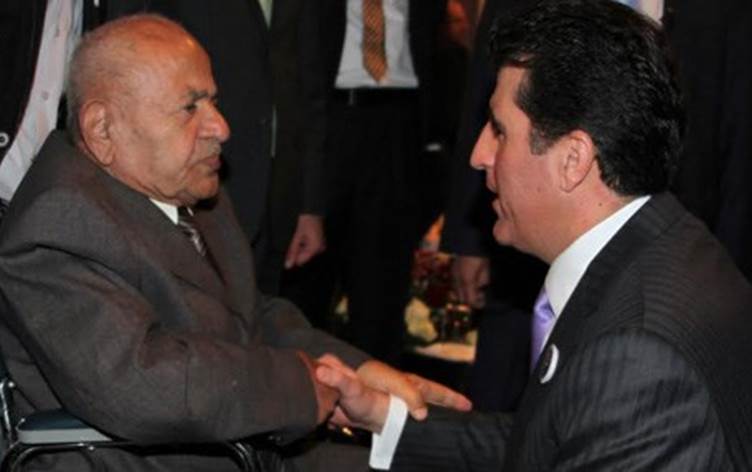
Career Development and Innovations
Zalmi’s career began in Zalm village, where he established himself as a respected mullah. His role quickly expanded as he moved to Sewsenan village in Pishder and later to Bin Tabaq mosque in Sulaimaniya. At Bin Tabaq, Zalmi embarked on a mission to modernize religious education. He transformed the mosque into a dynamic educational institution, incorporating modern tools like blackboards and expanding the curriculum to include subjects beyond traditional Sharia sciences. This progressive approach was met with resistance from conservative scholars who opposed the inclusion of subjects such as mathematics, physics, and chemistry. Despite facing significant opposition, Zalmi’s innovations laid the groundwork for a more comprehensive educational framework.
His progressive methods were not without challenges. The resistance from traditionalists eventually led to his departure from Sulaimaniya. However, Zalmi’s dedication to integrating modern scientific knowledge with traditional religious teachings remained a defining feature of his career.
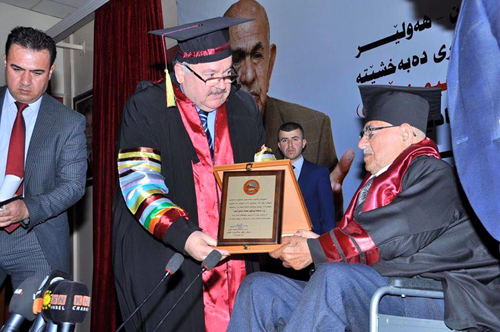
Military and Diplomatic Roles
Following his departure from Sulaimaniya, Zalmi served as an imam for the Iraqi army in Jalowla. During this period, he worked closely with prominent figures such as Abdul Karim Qasim and Abdul Salam Arif. His involvement in the July 14, 1958 revolution was a significant chapter in his life. The revolution marked a turning point for Iraq, and Zalmi’s role in it reflected his engagement with broader political and social changes.
After the revolution, Zalmi retired from the military and continued his education in Cairo. His academic pursuits included a focus on Sharia and law, culminating in doctoral studies at Cairo and Al-Azhar universities. This period of study was instrumental in shaping his scholarly perspective and furthering his expertise in Islamic law.
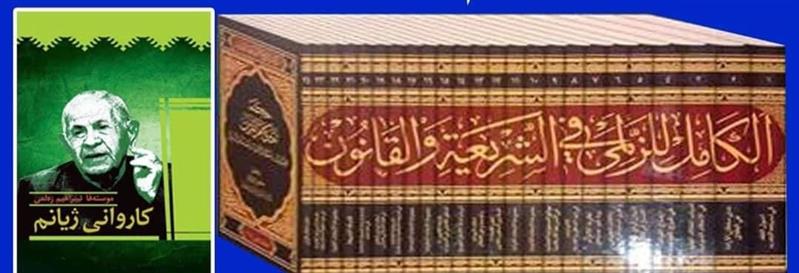
Academic Achievements and Contributions
Dr. Zalmi’s academic achievements were substantial. He earned his bachelor’s degree in law in 1965 and pursued multiple master’s degrees and PhDs in Islamic Sharia and law from Baghdad University and Al-Azhar University. His academic work was influential across various universities, including those in Iraq, Jordan, Indonesia, Turkey, and Malaysia. Zalmi’s contributions to academia were not limited to teaching; he was instrumental in shaping curricula and influencing legal education.
One of Zalmi’s notable contributions was his role in drafting the Iraqi constitution. His involvement in this process underscored his impact on legal reform and his commitment to shaping the legal framework of the country. His work extended beyond Iraq, influencing legal and educational systems in several countries.
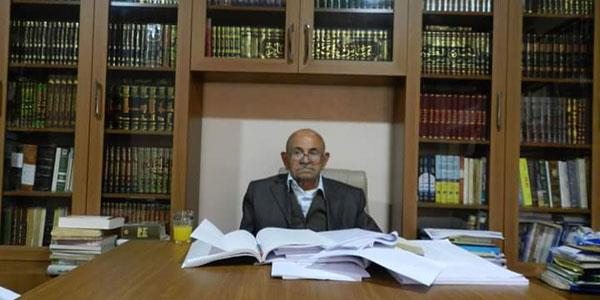
Advocacy and Legal Reforms
Dr. Zalmi was a staunch advocate for legal and social reform. His advocacy for women’s rights and his efforts to modernize personal status laws in the Kurdistan Region in 2007 were significant achievements. Zalmi’s work on legal texts, including the Iraqi constitution post-2003, demonstrated his commitment to progressive legal reforms. His stance on cultural issues, such as his declaration in 1954 that Newroz should be recognized as a legitimate national holiday, highlighted his belief in the importance of cultural identity alongside religious practices.
Zalmi’s reformist approach extended to various aspects of legal and social life. His involvement in shaping legal frameworks and advocating for social justice reflected his broader vision for a more equitable and progressive society.
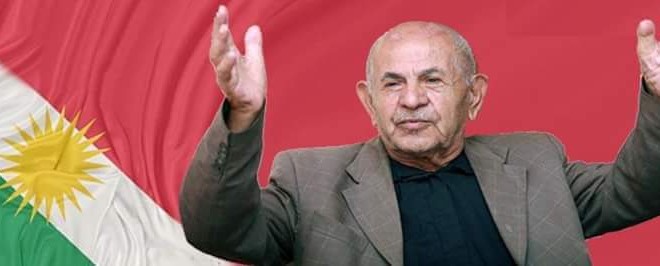
Teaching and Influence
Dr. Zalmi’s influence in academia was profound. He served as a professor and advisor at several universities, including Baghdad University. His scholarly work, including books and research, was widely respected and studied. Zalmi’s teachings had a significant impact on the curriculum and academic standards in the fields of Sharia and law. His contributions to education were marked by his active involvement in supervising and mentoring students. Over his career, he supervised over 100 theses and dissertations, contributing significantly to the academic development of his students and the broader field of Islamic studies.
Legacy and Honors
Dr. Zalmi’s legacy is marked by numerous awards and honors. He received over 20 international and domestic accolades, including the Sheikh of Al-Azhar Award. His contributions to Islamic scholarship were recognized globally, and a street in Khurmal was named in his honor. The unveiling of a statue in 2021 further commemorated his impact on Kurdish and Islamic scholarship.
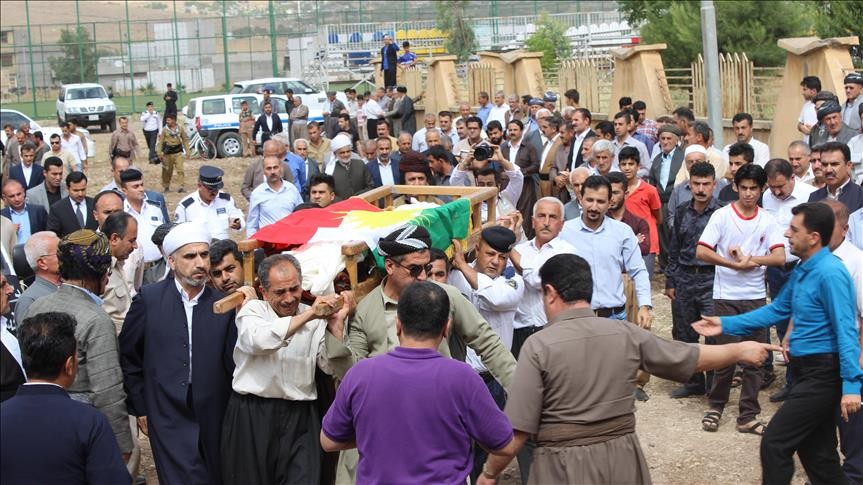
Death and Commemoration
Dr. Mustafa Zalmi passed away on June 4, 2016, in Erbil, at the age of 92. His death was a significant loss to the academic and Kurdish communities. Zalmi was buried in Khurmal, fulfilling his final wishes. His home, shrine, and library in Khurmal are now accessible to researchers and scholars, who can utilize these resources for their academic work. His passing was met with tributes and commemorations, including the unveiling of a statue in his honor in Khurmal. These tributes reflect the deep respect and admiration he garnered throughout his life.
Dr. Mustafa Zalmi’s life and career exemplify the transformative power of scholarship and reform. His significant contributions to Kurdish culture, Islamic studies, and legal reform have left an enduring legacy. Through his innovative teachings, reformist ideas, and dedication to education, Zalmi remains a central figure in Kurdish intellectual history. His story serves as a testament to the enduring impact of scholarly dedication and the profound influence of a visionary educator.


